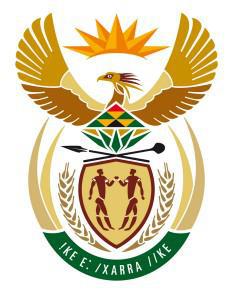
These 18-page guidelines list facility requirements for holding mental health patients for 72-hour involuntary assessments as well relevant procedure and guidelines for clinicians.
Released in 2012, the guidelines note involuntary admission and treatment of people living with mental illness, such as that involved in 72-hour in-patient assessments, remain controversial as they impinge on personal liberty and the right to choose. They also carry the risk of abuse.
Thus, guidelines stress that any person or establishment providing care, treatment and rehabilitation services to a person living with mental illness without consent must follow procedures set out in the Mental Health Care Act.
The document also states that provincial heads of health must submit a list of all facilities authorized to admit mental health patients without consent for 72-hour observation to not only the South African Police Department but also the National Health Department. This list must be updated annually. These facilities must meet a set of criteria including separate areas for adults and children, close circuit television monitoring, and panic buttons for staff.
The guidelines then move to describe aspects of clinical management of patients under 72-hour observation, including what types of patients may be at a high risk of suicide, the use of short-term sedation and South African Police Service obligations. A table of procedures to be followed when conducting 72-hour admissions is also provided. The document concludes by listing a number of scenarios where 72-hour admissions for patient assessment may be warranted.
Download the policy guidelines: Policy Guideline on 72-hour Assessments of Involuntary Mental Healthcare Users

























